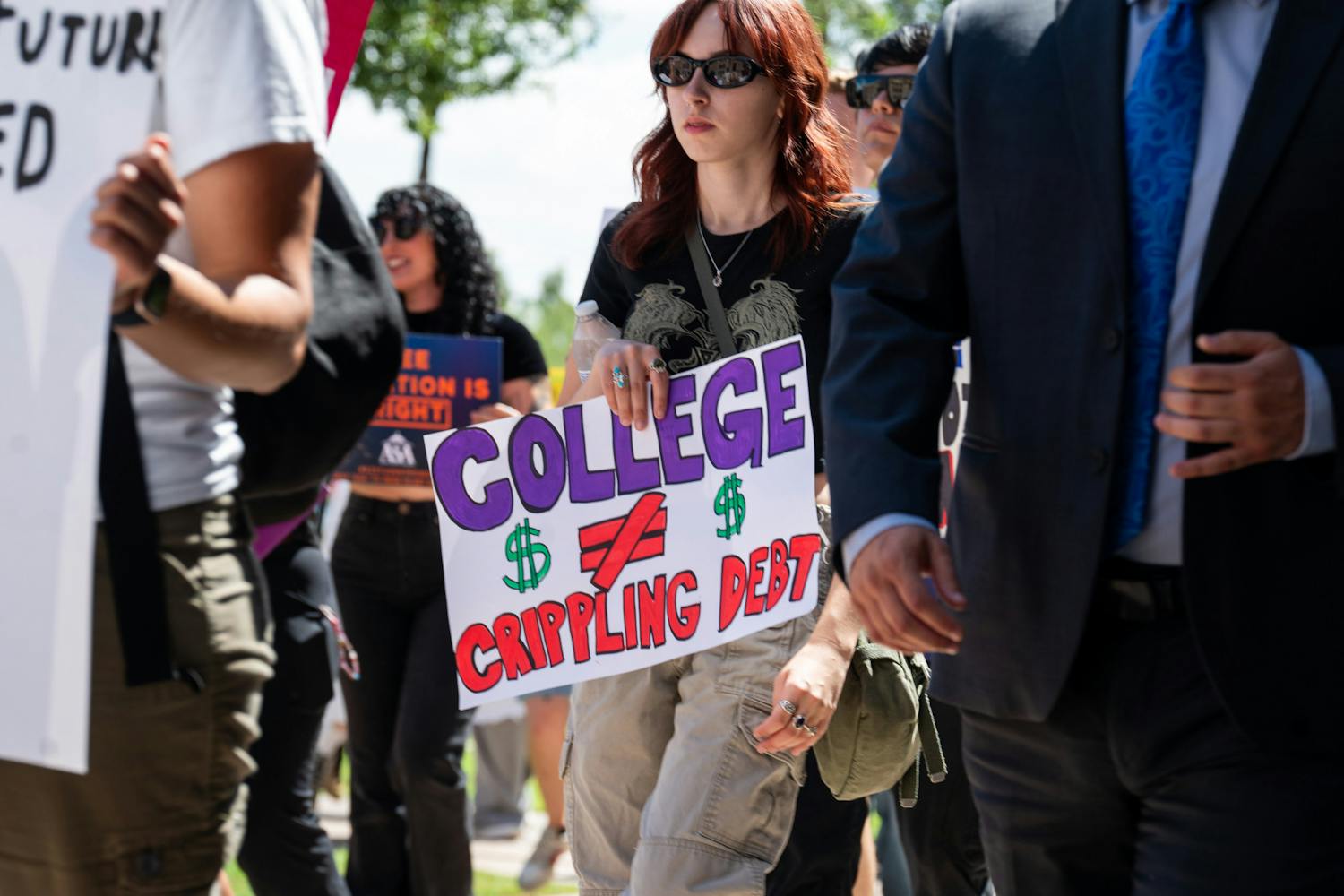The planet Earth is under siege, and Leonardo DiCaprio is here to rescue it.
"The 11th Hour," narrated and co-produced by DiCaprio, premiered nationwide last Friday in select theatres, including Harkins Camelview 5 in Scottsdale. The movie gives an in-depth look at the growing problems involving global sustainability, while offering ideas for what the public can do to help, according to production notes.
The movie includes commentary from more than 50 professionals, including Joseph Tainter, former ASU Global Sustainability research professor.
DiCaprio, along with sister filmmakers Nadia Conners and Leila Conners Petersen, set out to explore the larger story of the human experience on Earth and describe the last moment that change is possible, according to production notes.
The movie's message is portrayed through intense visualizations and ends on a powerful note describing solutions, leaving the viewer yearning for positive change, Tainter, current head of Utah State University's department of environment and society, said.
"[The movie] is really a film about our planet's future well-being and the well-being of our children and grandchildren," he said. "There will be fewer problems and lower costs to fixing them if we act now."
Tainter said he was interviewed for an hour and a half about issues pertaining to the use of energy and fuels. He appeared in the movie three separate times.
"People don't understand that when you purchase a product, we don't pay the full price for it — a lot of the product is subsidized by fossil fuels," he said. "The subsidies that we have for fossil fuels, if we had to produce a figure for the money it costs, would be much more expensive than the price we actually pay for them."
Even though the film ends on a positive note by addressing options that can help remedy environmental crises, Tainter said his perspective might be a little different than the one portrayed in the film.
"We can't just switch as quickly as the film says we can," he said. "There are other, cleaner forms of energy, but they are much less productive. We need to use a much larger area of land devoted to energy production."
But ASU is headed in the right direction towards educating the community to think green, he said.
"ASU is a very dynamic institution right now with global sustainability and other important initiatives," he said.
Global studies and political science senior Chris Samila coordinated the Green Summit at ASU last spring, which aimed at educating people about the importance of addressing global issues in today's society.
He recently viewed the movie and said he thought it had a good message, but wished it had touched more on valuable solutions that might be attractive to college students.
"I wish they would've slowed down the images that might get some to know about these topics and remedies, instead of glossing over the solutions," he said. "I wish they would have harped over the solutions."
Reach the reporter at: daniel.oconnor@asu.edu.



